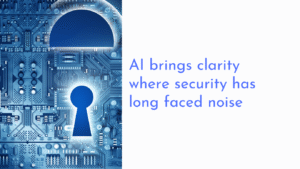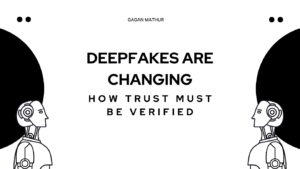Did you know? 🌟 70% of organizations now operate in multi-cloud environments, but many struggle to manage access across these platforms effectively. Scaling IAM in such a setup is no longer optional—it’s a necessity for security and efficiency.
So, how do you build scalable IAM solutions that work seamlessly across multi-cloud environments? Let’s dive in!
Key Elements for Scalable IAM Solutions:
👉 1/ Adopt a Unified IAM Framework
Having disparate IAM solutions for each cloud provider can lead to inconsistent policies and oversight gaps. Instead, implement a unified framework that offers centralized access controls, supports federated identities, and ensures policy consistency across clouds.
🚀 Example: Imagine an organization using AWS, Azure, and GCP. A unified IAM framework would allow a user to access resources across all three clouds with a single set of credentials, while applying uniform access policies.
👉 2/ Choose Cloud-Agnostic Tools
Vendor-specific IAM tools may not work well across multiple platforms. Use cloud-agnostic IAM solutions that can integrate with all major cloud providers to ensure scalability and interoperability.
👉 3/ Automate Access Management
Manual access provisioning can’t scale in multi-cloud setups. Leverage automation to handle repetitive IAM tasks, such as onboarding, de-provisioning, and permission reviews.
⚡ Benefit: Automation reduces human error, accelerates processes, and ensures compliance with access control policies.
👉 4/ Emphasize Role-Based Access Control (RBAC)
RBAC simplifies IAM in complex environments by assigning permissions based on roles, rather than individual users. It’s especially powerful in large organizations with diverse teams.
👉 5/ Integrate IAM with DevSecOps Pipelines
IAM should not be an afterthought in cloud-native development. Embedding it within your DevSecOps pipelines ensures security-by-design and aligns with CI/CD workflows.
💻 Example: Automating IAM policy creation and validation during application deployment ensures secure access from the start.
WHAT’S IN IT FOR YOU?
✅ Enhanced Security: Protect your multi-cloud environment from unauthorized access.
✅ Streamlined Operations: Reduce complexity and improve access management efficiency.
✅ Future-Ready Solutions: Scale effortlessly as your cloud usage grows.
Ready to transform your IAM strategy into a scalable powerhouse? 🚀 Let’s discuss in the comments—what’s your biggest challenge with multi-cloud IAM today?
Stay tuned for Episode:
Next, we will dive into transformative world of zero trust architecture





